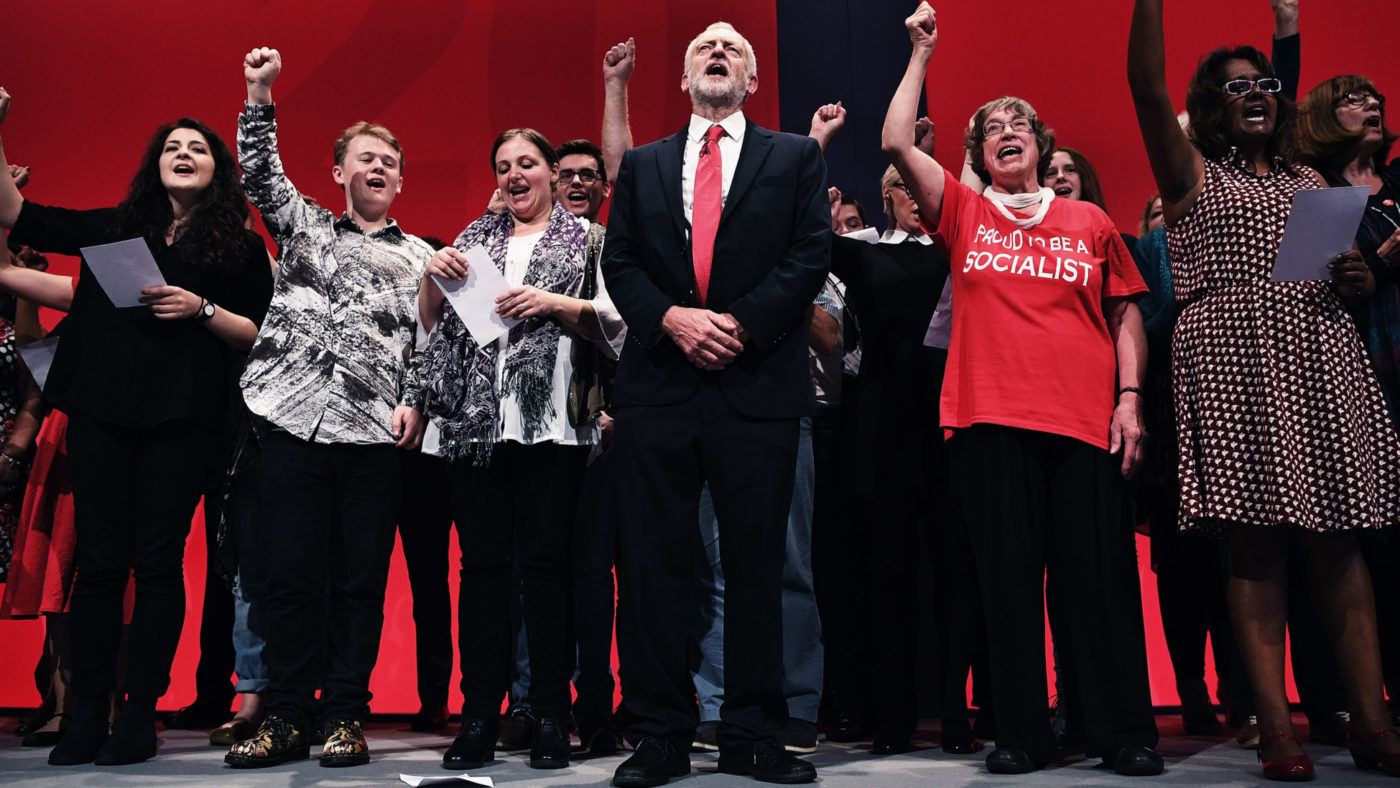Everything needed to pinpoint the current condition of the British Labour Party can be derived from John Bew’s excellent biography of Clement Attlee (published last year).
The book serves as a timely reminder that since Attlee formed his first government in 1945, very little has changed within the idealist Left-wing Labour faction. Now, as then, it is characterised by anti-capitalism, anti-Americanism and a strong streak of well-meaning but arguably juvenile pacifism, as well as the tendency to regard all compromise on these issues as acts of betrayal.
What has changed fundamentally, however, is the rival faction within the party.
During the Attlee era, Labour’s Right-wing faction was markedly realist. Due to a strong early presence on the field of reality (East London), Attlee himself knew that the average voter was not remotely as concerned about the ins and outs of socialist doctrine as about everyday practical obstacles. They wanted better working conditions, yes, but not necessarily vague radical experiments relating to a classless society.
Attlee also knew that in comparison with the typical socialist “intellectual”, the people were, in general terms, more patriotic, less hostile towards industrialists and Americans, and less apologetic about Soviet imperialism.
He knew, moreover, not least due to his close involvement with Indian independence, that religion and ethnicity often trumped class thinking. The idealist notion that workers had nothing to lose but their chains Attlee found ludicrous. No doubt correctly, he concluded that too much socialism risked scaring off numerous potential Labour voters.
By taking party doctrine with a pinch of salt, Attlee managed to avoid one of the most fatal mistakes among Labour idealists: to equate socialist sentiment with working-class sentiment.
The fact that he did not offer socialist purity irritated the Labour intellectuals immensely. Ever since, they have liked to dismiss him as an intellectual lightweight (Ralph Miliband apparently played a key role in this).
Yet Attlee’s suspicion of idealist “fluff” was arguably instrumental in transforming socialism from something suspect into the default choice for a majority of voters. Before the war, numerous workers had still voted Conservative. It is not hard to argue that Attlee’s realism – and idealist scepticism – was not just a political asset, but an expression of real intellectual maturity.
In the decades since Attlee, the middle class displaced the working class as the dominant political group. In response, Labour’s Right-wing faction inevitably moved towards the middle ground. That phenomenon has, of course, been much discussed.
What has not been sufficiently discussed is that the Right-wing faction simultaneously went from offering realist moderation, Attlee-style, into offering a Left-wing spin on middle-class idealism.
This, indeed, is by far the most important change in the Labour Party in recent decades. Whereas the Left-wingers sound like they always have – see, for example, Jeremy Corbyn – the Right-wingers have changed dramatically. On most issues, people like Hilary Benn, Owen Smith and Gareth Snell (the Labour candidate in the upcoming Stoke Central by-election) sound nothing like Clement Attlee, and an awful lot like full-blown Lib Dem internationalists such as Nick Clegg and Tim Farron.
Attlee, for example, was highly suspicious of the Schuman plan (the 1950s blueprint for the European Community). Why? Partly because he doubted that the European project would benefit workers. And partly because he had experienced, in the 1930s, the devastating practical consequences of relying on the internationalists to maintain peace.
Compare and contrast that with Labour’s recent leadership election, when Owen Smith thought he had a killer argument when attacking Corbyn for not fighting harder to avoid Brexit.
Today’s political landscape – and the Labour Party in particular – is dominated by model thinkers. They are people who try to adapt the world to academic theories rather than the other way around (reflecting the fact that the academic sphere is now where most politicians spend their formative political years). Their reasoning is neat and tidy and often astoundingly childlike.
Which goes a long way towards explaining why numerous movers and shakers are genuinely incredulous when voters do not share their enthusiasm for the models peddled. It reveals quite a bit about the self-absorption of human nature that such voters are then typically branded as “uneducated” and “uninformed”.
The irony is that many voters have done precisely what many academics should and would have done had they not been so politicised: tested the theories on the field of reality and found them wanting.
Parties which start preaching wishful thinking instead of listening to voters’ concerns deserve chaos.
Given the present deadlock between Labour’s idealistic Left-wingers and idealist Right-wingers, the most likely Corbyn successor is arguably a candidate who can be passed along as a “fresh face” and a “bridge-builder”. Hence the current fuss surrounding Rebecca Long-Bailey and Angela Rayner.
Neither of the pair have manifested a real inclination to break with the model dogma of either faction. Meaning that they might be apt at balancing internal power interests – but also that they are unlikely to offer the return to realism that Labour so desperately needs.
The greatest irony of them all is that if Labour’s current woes are related to a deficit of realism, resurrection might swiftly follow if the keys of power were handed to one of the few remaining realist standard-bearers – Gisela Stuart, for example.
By hindering such a realist renaissance, it is the idealists in both factions who are ultimately responsible for the devastation of the Labour Party.


